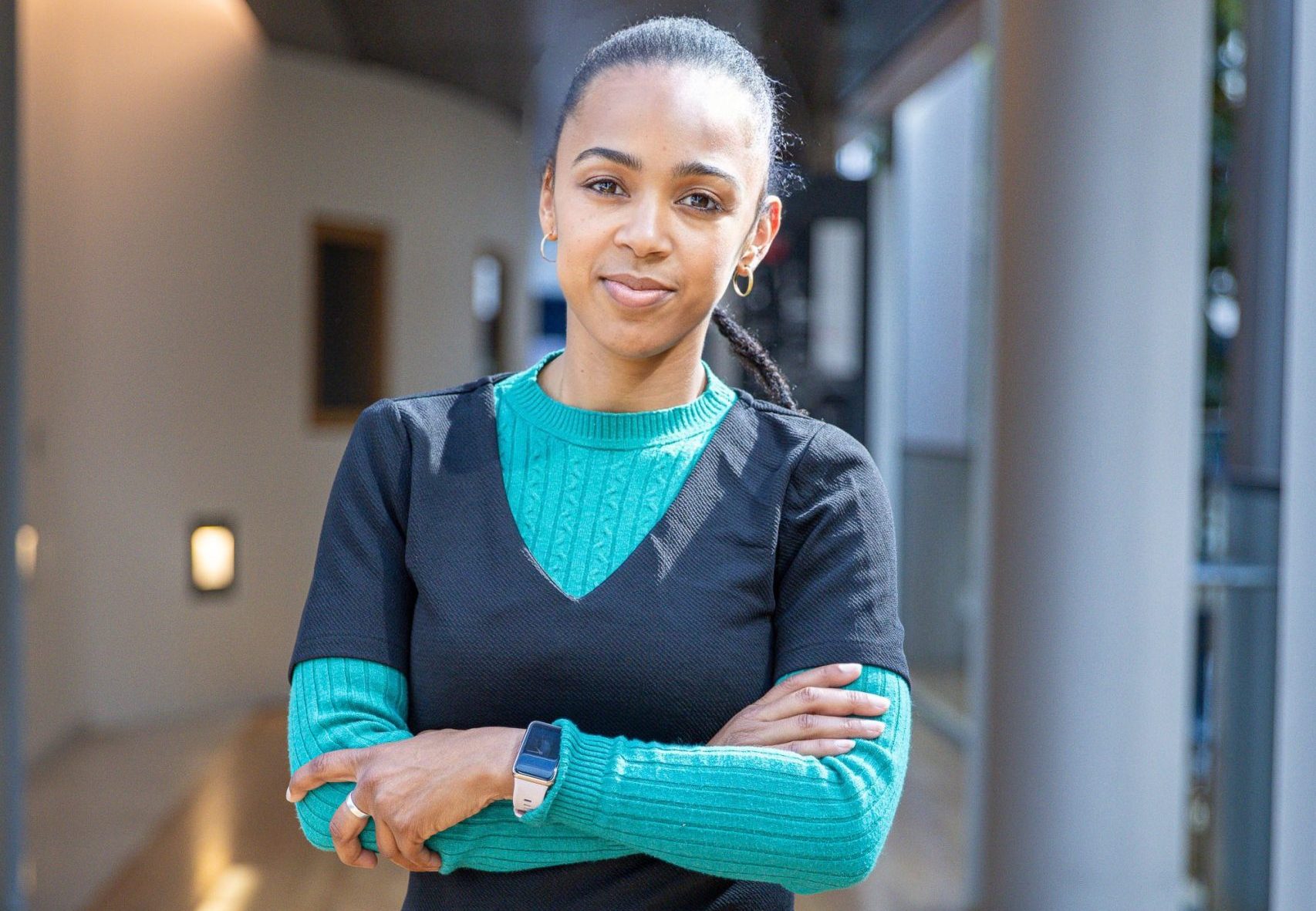News
Anabela Rodrigues: If you have no money, if you cannot pay for the bus card, for you studies or for a house, how do you find the time for political representation?

There are many barriers to political representation: racism, sexism, lack of money and time, unequal access to training and resources… Today we are starting a series of interviews with political actors to understand these barriers better. And we are doing it with Anabela Rodrigues, former Member of the European Parliament, who shares her experience days after the European elections of June 2024.
You are the first Black MEP from Portugal. Why do you think it has taken so long for a Black Portuguese woman to reach the European Parliament?
It has happened even at this moment because Bloco de Esquerda was persistent in putting in their list persons who belong to the causes and I came to replace Marisa Matias. Portugal only started to talk about its colonial past in a serious matter in the last ten years. Generations like mine are no longer fighting for basic needs only; they are fighting as well for a political place knowing that these is what can push forward their needs. We still live in an institutionally racist country and in an Eurocentrist Europe.
Before setting up Multitudes Foundation, we interviewed lots of political innovators and politicians from underrepresented groups to understand what are the barriers to political representation. Racism, sexism and lack of money and time were some of the barriers they mentioned. Have you experienced these or any other barriers and obstacles in the path to reaching political office and then staying in office?
I felt all of them. Its amazing how connected to capitalism these issues are. If you have no money, if you have no food, if you cannot pay for the bus card or for your studies or for a house, how do you find the time for political representation? Race, gender and class have always been an issue.
In the past, you defended greater representation of Black and migrant deputies in the Portuguese Assembly. Why do you think this is important to achieve?
Its important because each law that is written must consider the impact and the input of black and migrant deputies. In elections we normally hear that we are a problem and that “they” have a solution, like if we weren’t able to think as well and to take part in the decisions that affect our lives. The laws are made by the white privileged classes.
Before a politician, you were an activist. How can we break down the barriers that exist between movements and campaigns on the one hand and political power on the other, so that more activists and organizers end up not only interacting with political power, but exercising political power?
First, I don’t think that all of them need to end up exercising political power. What we need is continuous dialogue between what is happening on the streets and what is happening in Parliaments or in the Governments.
We created Multitudes to reimagine politics all over Europe. What does reimagining politics look like to you?
It looks like a place where I can see black and migrants not only on cleaning services, construction, or underpaid agricultural jobs. But a society in which we all have access to same rights and where everybody can chose what to do for a living. Where quality education is not only for some. Where quotas are not needed and where those excluded do not fight among themselves for a plate of soup while they have someone else sitting by their side and eating caviar.